Description
Collected Here are four of Niccol Machiavelli most important works. The Prince It was Niccol Machiavelli who essentially removed ethics from government. He did it with this book, when he asserted that The Prince (president, dictator, prime minister, etc.) does not have to be concerned with ethics, as long as their motivation is to protect the state. It is this questionable belief that in many ways had lead to the modern world as we know it. His assertion was that the head of state must protect the state no matter the cost and no matter what rules he or she breaks in the process. If you want to understand modern politics you must read this book. The Art of War Niccolo Machiavelli considered this book his greatest achievement. Here you will learn how to recruit, train, motivate, and discipline an army. You will learn the difference between strategy and tactics. Machiavelli does a masterful job of breaking down and analyzing historic battles. This book of military knowledge belongs alongside Sun-Tzu on every book shelf. The History of Florence Machiavelli’s history of Florence is more a history of the politics of Florence rather than the events of Florence. Written late in life while out of favor with the ruling party; Machiavelli felt that his country could have been the grandest republic in the world’s history, but that it had failed to live up to its full potential. In this book he explained why and how that came to be. Discourses on the First Decade of Titus Livius The Discorsi is a series of lessons on how a republic should be started and structured, including the concept of checks and balances, the strength of a tripartite structure, and the superiority of a republic over aprincipality. Its lessons are as valid today as they were six centuries ago and clear applications of his practical political philosophy can be found in the governments of many democracies today. The Republic (Plato) The question The Republic sets out to define is What is justice? Given the difficulty of this task, Socrates and his interlocutors are led into a discussion of justice in the city, which Socrates suggests may help them see justice in the person, but on a grander (and therefore easier to discuss) scale (suppose that a short-sighted person had been asked by some one to read small letters from a distance; and it occurred to some one else that they might be found in another place which was larger and in which the letters were larger, 368, trans. Jowett). Some critics (such as Julia Annas) have adhered to this premise that the dialogue’s entire political construct exists to serve as an analogy for the individual soul, in which there are also various potentially competing or conflicting members that might be integrated and orchestrated under a just and productive government.

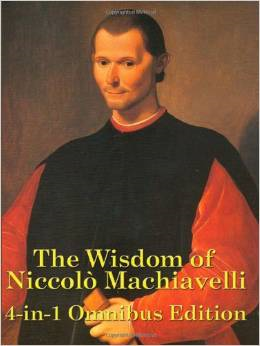
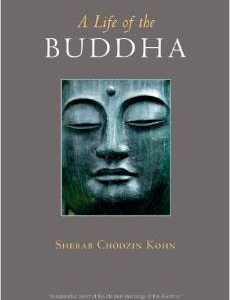
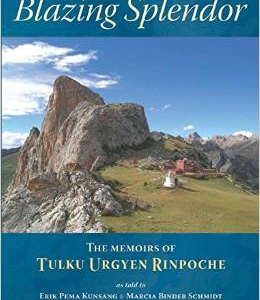
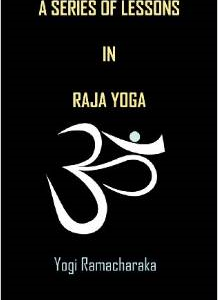
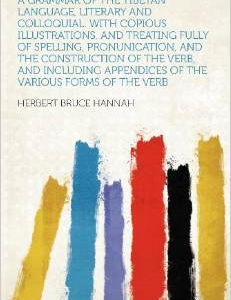
Reviews
There are no reviews yet.